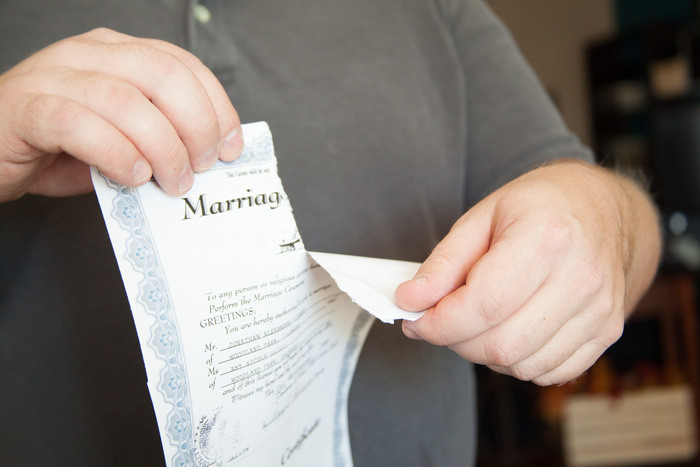
In part 2 of our complete guide to divorce we look at the various stages involved in the divorce procedure (View part 1 here).
So, first things first...
Where Should You File Your Divorce Application?
Divorce applications can be filed in any divorce county court or in the Principal Registry in London. The nearest court to you can be easily located using the following website: http://www.justice.gov.uk/about/hmcts/
Payment can be made by debit or credit card, cash, postal order or cheque, which should be made payable to ‘HM Courts & Tribunals Service’. Depending on circumstances, certain individuals are eligible for a fee remission in full or in part. To see if this applies to you, visit the court service website and refer to booklet EX160A, entitled: Court Fees – Do I have to pay them? More...

A divorce is a difficult enough situation, trying to provide sufficient financial resources to support two homes when previously there was one, without matters being made worse by both parties having to contend with the added expense of solicitor’s fee’s. Here is our step-by-step guide to a divorce, helping you to understand proceedings and providing potential clients with the information they need to conduct their own online divorce and saving them a great deal of money along the way.
What Are Grounds for Divorce?
The only ground for a divorce is the irretrievable breaking down of a marriage. In this situation, the party bringing the divorce proceedings is known as the ‘petitioner’, while their spouse is called the ‘respondent’. To show there has been an irretrievable breakdown in the relationship, the petitioner must be able to prove one of the following five facts: More...
Reforms which will significantly reduce the scope and provision of legal aid will come into effect from 1st April 2013.
The Legal Aid Sentencing and Punishment of Offenders Act 2012 (LAPSO) received Royal Assent and became Law on 1st May 2012, with the latest reforms severely limiting the availability of legal aid for family cases including divorce and children matters.
In real terms, the reforms mean legal aid will only be available in public family law matters i.e. care proceedings involving a local authority such as Social Services and cases relating to adoption. In cases involving private family law such as divorce, contact and residence and financial matters, legal aid will only available if there is evidence of domestic violence, child abuse or child abduction. In all other cases legal aid will no longer be available. More...
